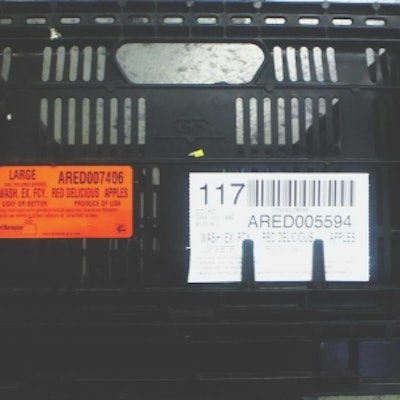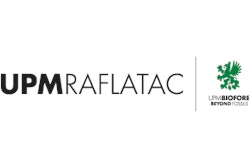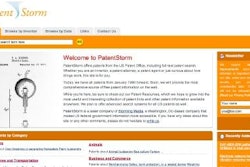
The largest and most widely supported industry field test of RFID technology on reusable transport packaging is underway, sponsored by the Reusable Pallet & Container Coalition (www.rpcc.us).
The groundbreaking study is supported by a broad group of RPCC members and industry leaders throughout the supply chain. The participants include growers Tanimura and Antle, Stemilt, and Frontera, Wal-Mart, and packaging or RFID vendors The Kennedy Group, Avery Dennison, Alien, UPM Raflatac, Impinj, IFCO Systems, Georgia-Pacific, and ORBIS.
Thousands of reusable plastic containers (RPCs) with affixed RFID tags are being tested throughout the supply chain, from grower fields to distribution centers to retailers.
"There has never been an RFID-related field trial of this magnitude in the U.S. with so many key supply chain partners," says Fred Heptinstall of IFCO Systems, and RPCC president. "The level of cooperation within the industry is truly remarkable. And if the field trial results mirror the data from the laboratory testing, we will prove unequivocally that reusables are the enabler to the cost-effective use of RFID technology."
Extensive lab tests first
The large-scale field trial follows rigorous laboratory testing at Michigan State University School of Packaging. During the laboratory trial, 230 reusable containers with nine different EPCglobal (www.epcglobalinc.org)-compliant Gen 2 RFID tags were vigorously tested at MSU. The three tags that performed optimally during the testing are currently being used in the field trial.
Packaging World has learned that those are Gen 2-compliant tags from Alien, UPM Ralflatac, and Avery-Dennison. The RFID inlays are encapsulated into UV-resistant labels that are able to withstand extreme temperatures. No further details were provided. The containers used are standard RPCs, without design considerations to accommodate the RFID labels. For example, ORBIS provides a 62x 48-in. collapsible RPC made of high-density polyethylene.
Readability tests were conducted by Cal Poly scientist Dr. Jay Singh at a second laboratory; results were verified by third-party advisors. The project team performed more than 160 hours of testing and more than 14,000 tests. The containers were subjected to vibration and drop tests as well as repeated cleaning and handling. In addition to proving durability, the data demonstrated that it is possible to get 100% read rates 100% of the time, which has never been achieved in the industry before.
“The durability and readability of the RFID tags during the lab tests were superb,” says Pat Kennedy of The Kennedy Group, and RPCC project leader. “The information gathered from these studies will help businesses make data-driven decisions about the cost effectiveness and feasibility of incorporating reusable containers into their supply chains from an enhanced track and trace perspective.”
In the current field trial, the RPCs with the multicycle RFID tags are being used in grower fields in Washington and California. From there, produce in the containers is shipped to Wal-Mart distribution centers, where it is cleaned and the containers and tags are subject to washing, further handling, refrigeration, and storage before being sent to retail stores.
Eventually, the RPCs—from IFCO, ORBIS, and GP— are collapsed and sent back through the supply chain for further cleaning, handling, and storage. Each container experiences a minimum of three cycles of use. At the end of each cycle, the RFID tags are tested for viability, then re-encoded for the next cycle. The six-month field trial is expected to end in spring 2008.
Learnings
Jeanie Johnson, executive director, RPCC, shared these key findings with PW:
- Not all RFID tags are equal to meet the challenges of the supply chain.
- The tests to-date give strong indication that RFID can be used in multi-use tags, which has tremendous implications for reusable systems, sustainability impact (versus one-way RFID labels that would wind up in the landfill), and economic factors on the return-on-investment of RFID technology.
- Multi-use tags employing RFID technology through reusable packaging systems would overcome a huge hurdle in the deployment of these tracing technologies that retailers are increasingly demanding from their suppliers.























